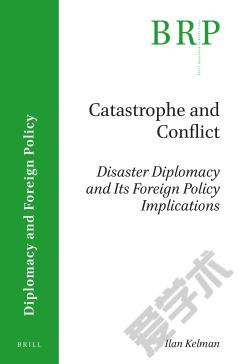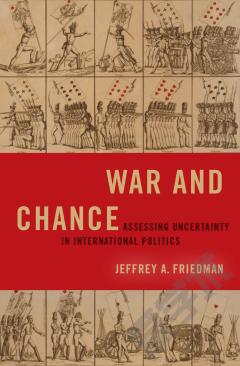Warning about War —— Conflict, Persuasion And Foreign Policy
----- 战争警示:冲突、说服与外交政策
What does it take for warnings about violent conflict and war to be listened to, believed and acted upon? why are warnings from some sources noticed and largely accepted, while others are ignored or disbelieved? these questions are central to considering the feasibility of preventing harm to the economic and security interests of states. Challenging conventional accounts that tend to blame decision-makers' lack of receptivity and political will, the authors offer a new theoretical framework explaining how distinct 'paths of persuasion' are shaped by a select number of factors, including conflict characteristics, political contexts, and source-recipient relations. This is the first study to systematically integrate persuasion attempts by analysts, diplomats and senior officials with those by journalists and ngo staff.
{{comment.content}}








 京公网安备 11010802027623号
京公网安备 11010802027623号